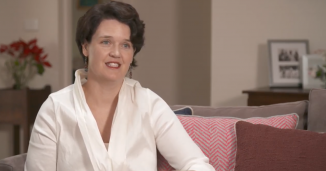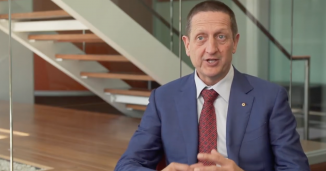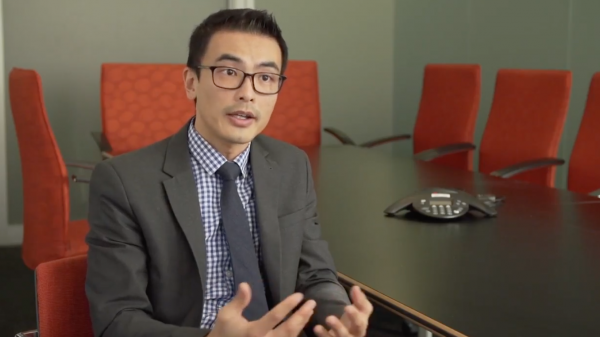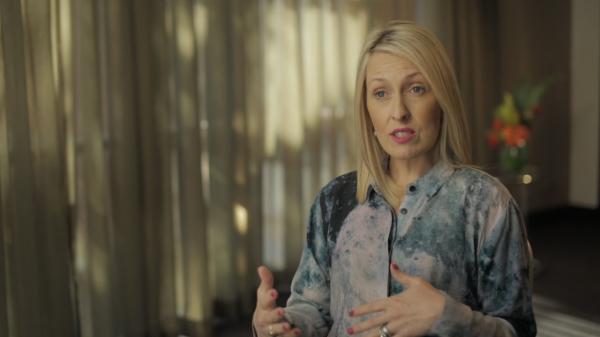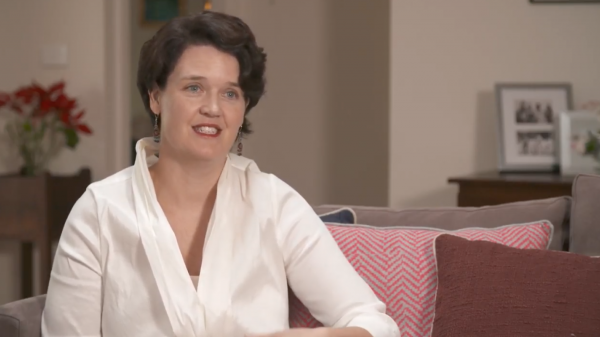Relaxation strategies
View transcript
Prof. Ian Hickie
Consultant Psychiatrist
In the psychological world if you go see a doctor, there is a danger at times to get prescribed a medicine to help control your psychological world. In truth there are two other big sets of strategies for controlling one’s psychological distress when one’s in a difficult situation, and some involve better relaxation, better techniques, so they are mindfulness-based techniques, they are yoga-based techniques. Maybe physical and psychological focus on relaxation to reduce your distress level. That’s one way. Suits a certain kind of person. Interestingly, another way is actually by being physical more active. Some people relax more when they’re actually doing something. So that might involve a style of activity like swimming which is easier than perhaps being in a gym for someone who’s got a certain kind of arthritis. Or it may involve engaging in some other activity that actually distracts and engages but you actually relax. Now you’ve got to work out for yourself which one of these works best and then go with that strategy. It often means people need to experiment though with things they’ve never done before. You may have never done yoga before, you may have never done pilates before, you may have never done mindfulness-based relaxation before. You may never have actually used something like swimming before, not just as a physical activity but as a relaxation-type exercise. So there needs to be some degree of experimentation to find stuff you may not be familiar with but work out which ones actually work for you.
Cheryl Dines
(Rheumatoid arthritis)
I recommend doing whatever you need to do to remain relaxed and stress-free. For me if I get really stressed out my arthritis flares up terribly so for me I need to stay very relaxed and stress-free. So for me I have a basset hound who I can take on a gentle walk, or if I’m feeling pretty miserable he’ll just sit beside me – on top of me half the time – and so he really relaxes me. I can stay very calm when I am with him. But other people use mindfulness, people do meditation, massages. I used to go to Reiki and acupuncture, I have tried all of those things. And I just say whatever helps to keep you nice and relaxed and calm, just do it.
Louise Shepherd
Clinical Psychologist
Health professionals like to think about this idea of evidence-based medicine or evidence-based approaches, and we know that there’s evidence for certain approaches more than perhaps others when it comes to arthritis. The ones you might look out for are cognitive behavioural therapy, mindfulness, meditation, and acceptance and commitment therapy, also expressive writing. There are a few different approaches that might work well. ACT said as one word is acceptance and commitment therapy. It’s kind of like a cousin or a sister to CBT and the research is developing in recent years. The interest there is around helping people to be more accepting of things that they can’t change. So when we think about difficult thoughts and feelings, we all get them; we all struggle at times with anxiety, with low mood. We all might have thoughts like, ‘I’m not good enough,’ or ‘This condition’s never going to go away.’ So with that we help people to be able to find more effective ways to deal with those thoughts and feelings that inevitably will show up. The commitment part of it is about helping people to live a life that has meaning and vitality for them. So regardless of what might go on in our lives, there is a choice about whether we are able to live according to our values, who and what matters to us, or whether we choose to kind of curl up in a ball and stay in bed.
Dr. Terrance Lim
Consultant Psychiatrist
There are activities that are very mindful in their nature and those types of activities such as yoga or Tai Chi may not have been studied specifically but we know that mindfulness approaches form a basis of those sorts of activities. They tend to be quite gentle in terms of impacting joints and muscles and a lot of patients can get benefit from those sorts of gentle exercises. And again focussing one’s attention away from pain and disability onto the physical movements of those activities can provide a lot of relief from their symptoms as well.



